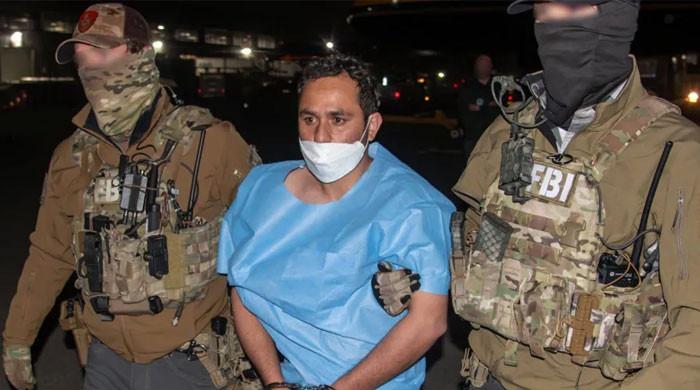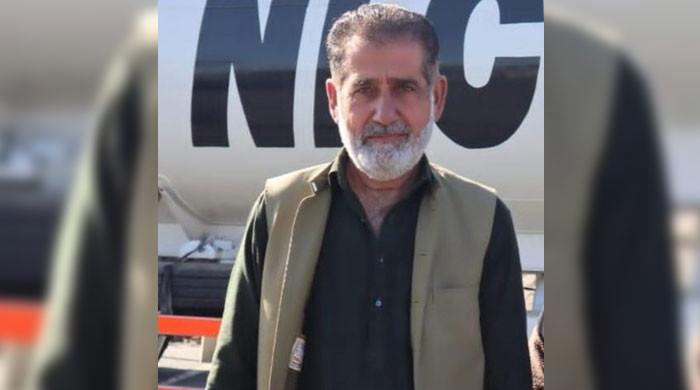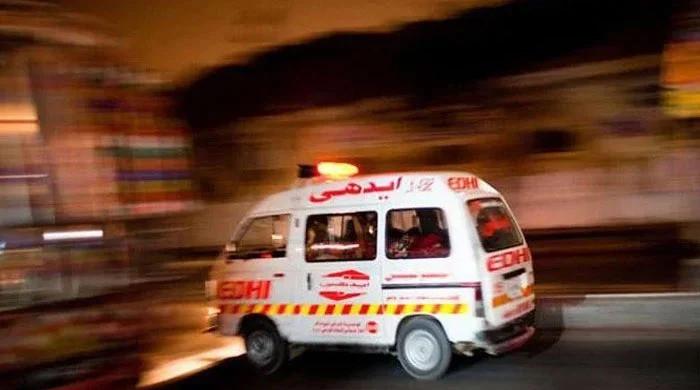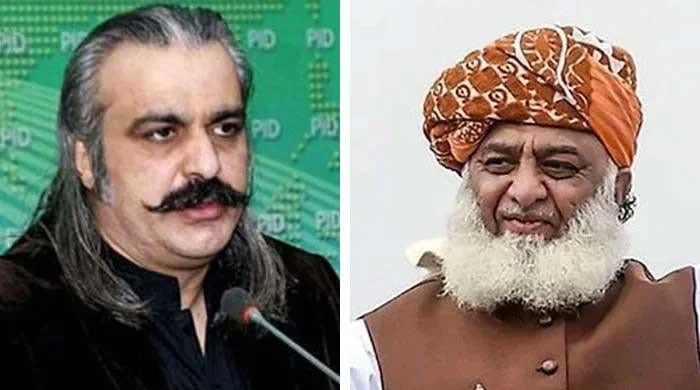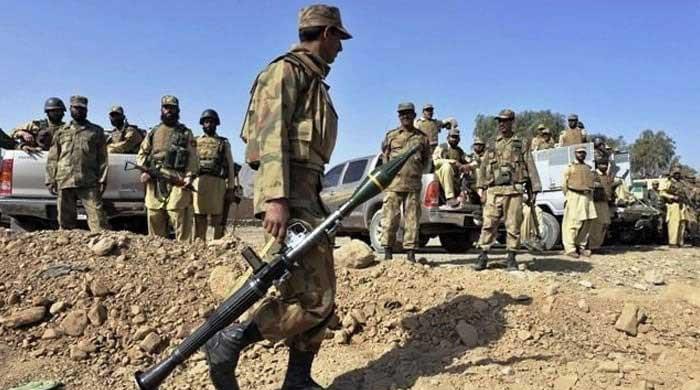More than 0.5m pregnant women in Pakistan desperately need care in flood-hit areas
UNFP report states over 73,000 women expected to deliver next month require maternal health services
August 31, 2022
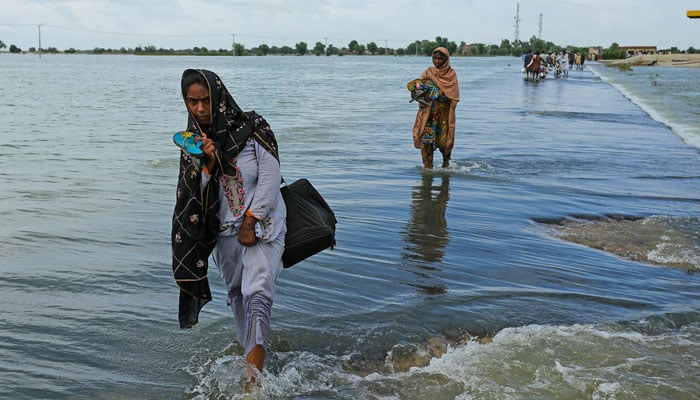
- Over half million pregnant women in Pakistan need maternal care.
- Countless girls at increased risk of gender-based violence.
- Up to 73,000 women expected to deliver next month need birth care, and support.
The United Nations Population Fund (UNFPA), a sexual and reproductive health agency, has highlighted the affliction of Pakistani women caused by the catastrophic floods, saying that over half a million pregnant women in the flood-hit areas are in dire need of maternal health services while many other are at an increased risk of gender-based violence (GBV).
At least 6.4 million people require humanitarian assistance after being hit by the floods triggered by the recent torrential monsoon rains and 1.6 million of them are women and girls.
"Up to 73,000 women expected to deliver next month will need skilled birth attendants, newborn care, and support. In addition, many women and girls are at an increased risk of gender-based violence (GBV) as almost 1 million houses have been damaged," a UNFP report stated.
The Agency said that pregnancies and childbirth can’t wait for emergencies or natural disasters to be over and it is a state when both the mother and baby are vulnerable and need the most care.
UNFP's Pakistan Representative Dr Bakhtior Kadirov said the Agency is on ground, working with partners, to ensure that pregnant women and new mothers continue receiving life-saving services even under the most challenging conditions.
As per the report, over 1,000 health facilities have been partially or fully damaged in Sindh, whereas 198 health facilities are damaged in affected districts in Balochistan, compromising girls' and women's access to them.
Dr Kadirov said that the UNFPA will continue supporting health facilities with the equipment and human resources to be fully operational despite the challenges.
"UNFPA is scaling up its emergency response to provide life-saving reproductive health services and commodities, including dignity kits, for women and girls," the report read.
Meanwhile, UNFPA Pakistan has already started the distribution of 8,311 dignity kits, 7,411 Newborn Baby Kits, and 6,412 Clean Delivery Kits for immediate delivery to Sindh, Balochistan, KP, and Punjab.
Moreover, it is also prioritising gender-based violence prevention and response services, including medical and psychosocial support to the GBV survivors.





